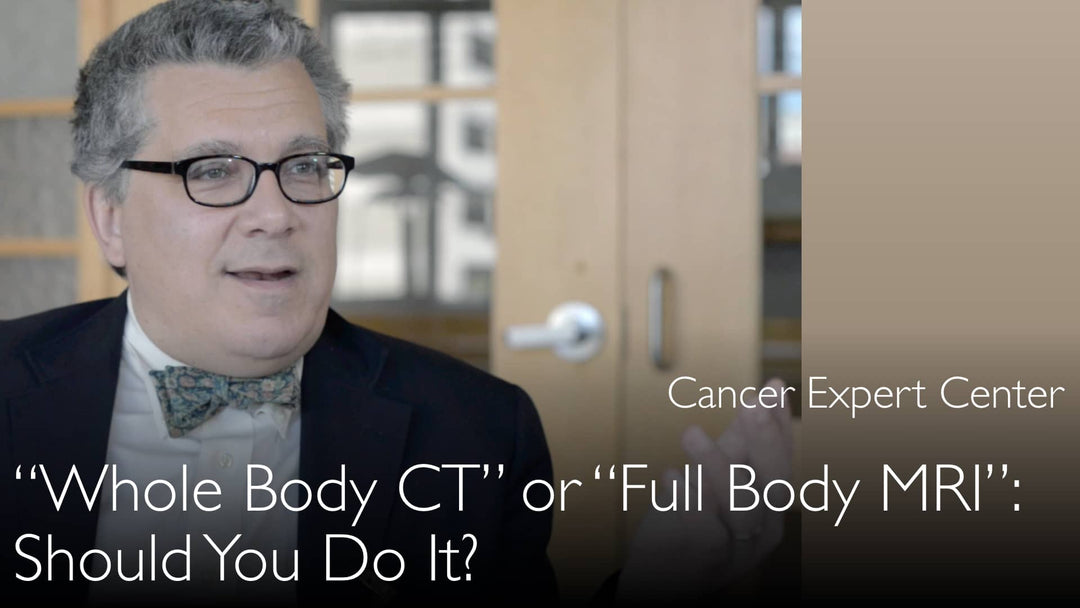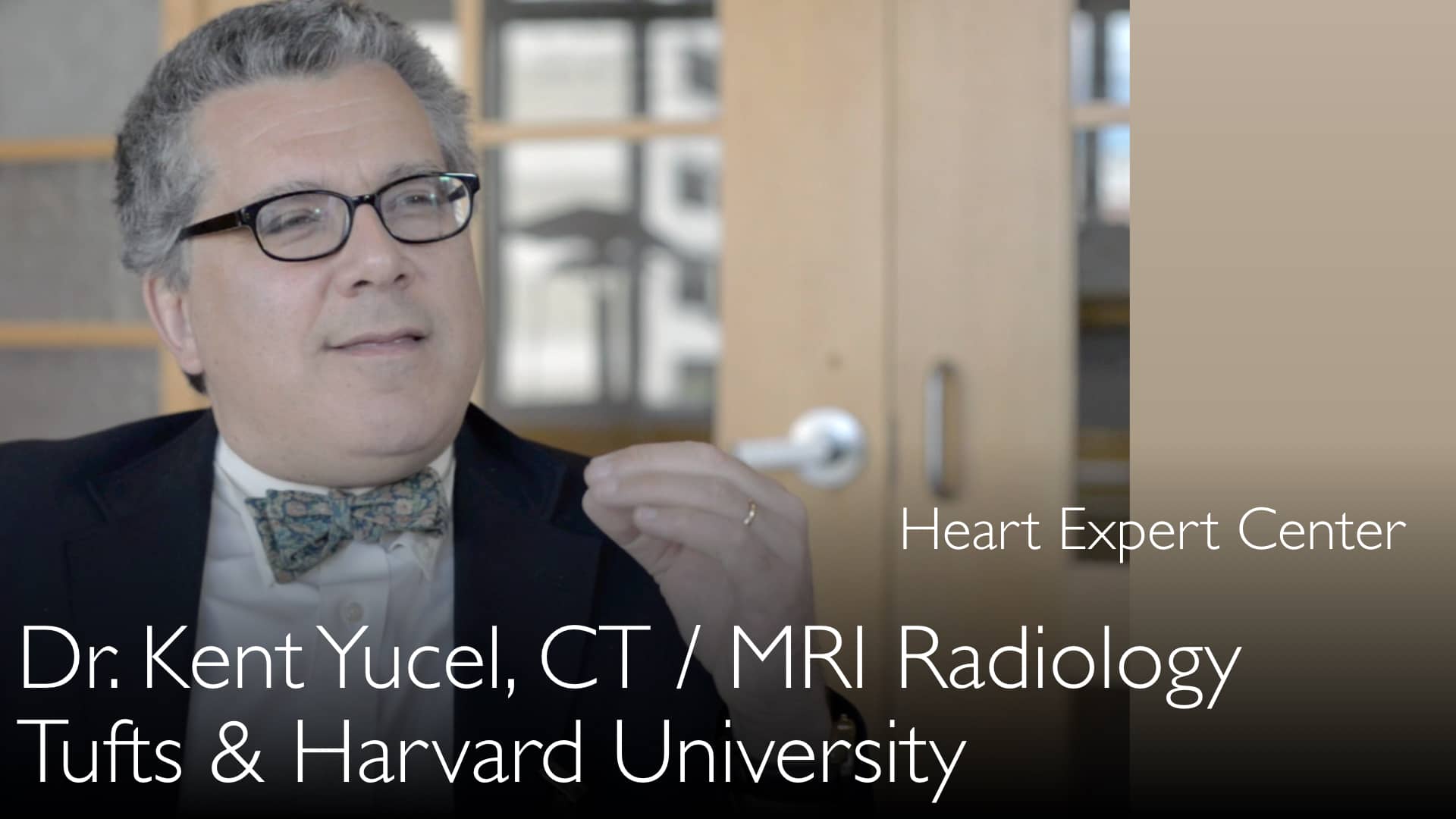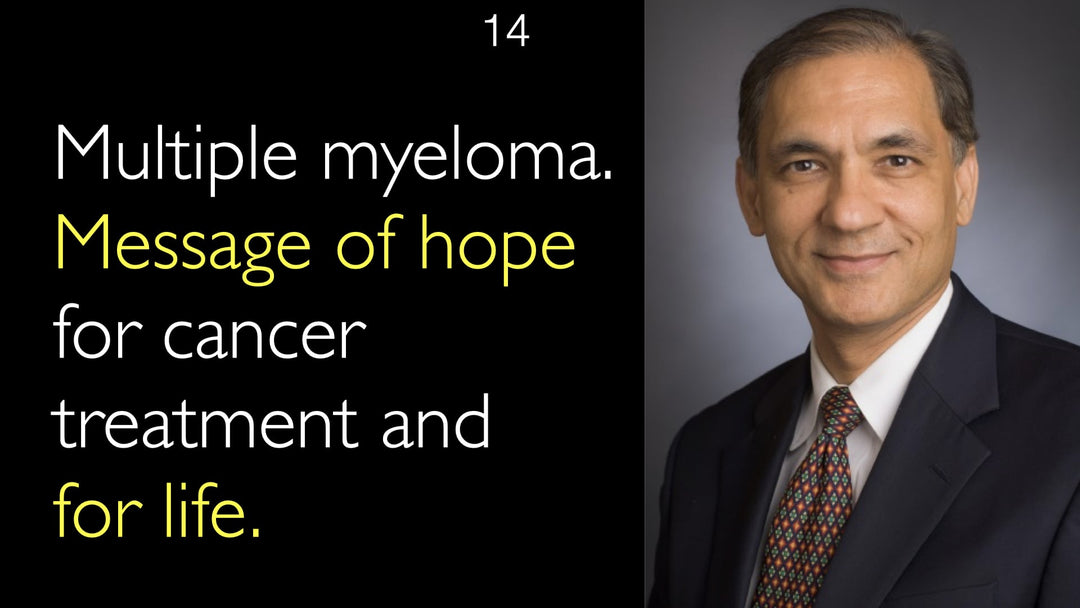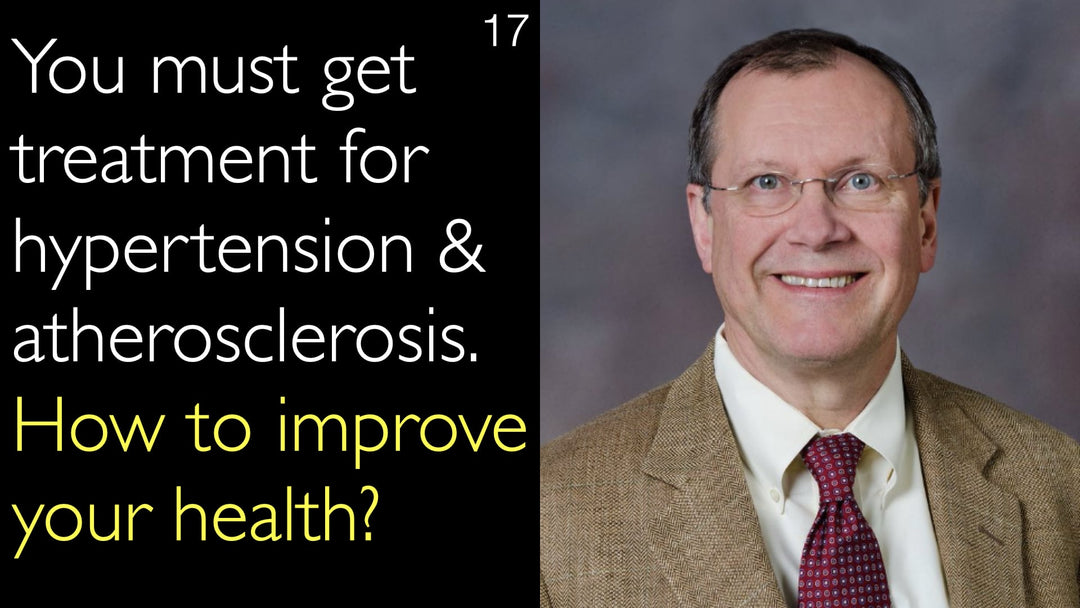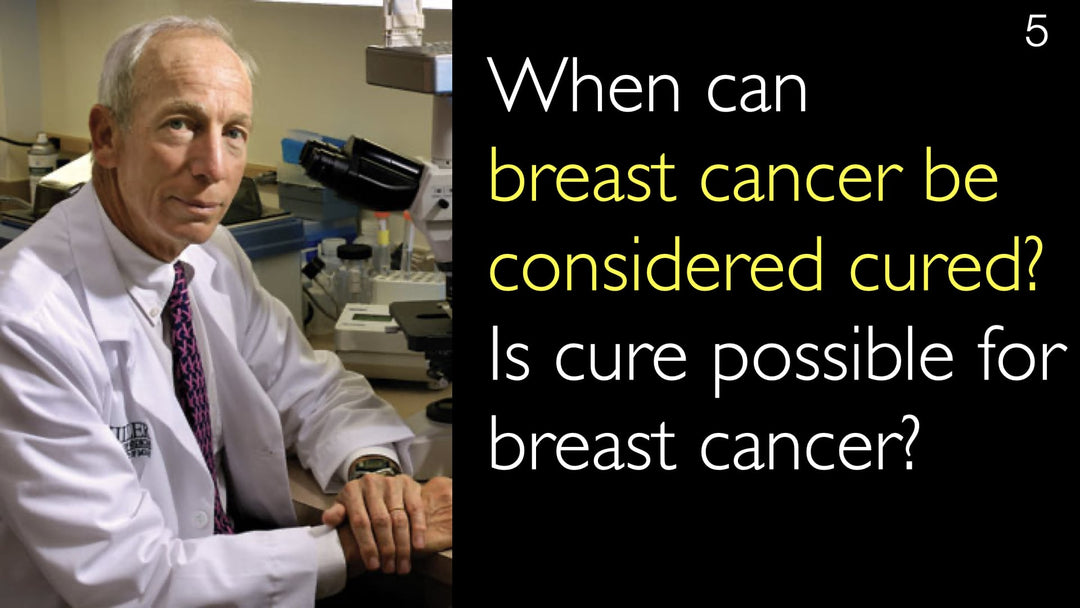O renomado especialista em radiologia por TC e RM, Dr. Kent Yucel, explica por que exames de imagem de corpo inteiro não são recomendados para rastreamento de câncer. Ele detalha os riscos significativos, como a exposição à radiação das tomografias e a alta taxa de resultados falso-positivos. Dr. Yucel ressalta que esses métodos de rastreamento não têm evidências de que previnam mortes por câncer e frequentemente geram ansiedade desnecessária e procedimentos invasivos. Ele orienta os pacientes a priorizarem métodos de rastreamento comprovados e a consultarem seus médicos de atenção primária.
Tomografias e Ressonâncias Magnéticas de Corpo Inteiro: A Verdade Sobre o Rastreamento do Câncer
Navegar para a Seção
- Riscos da Tomografia de Rastreamento e Falta de Evidências
- Problemas e Limitações da Ressonância Magnética de Corpo Inteiro
- Falsos Positivos e Ansiedade do Paciente
- Métodos de Rastreamento Comprovados que Funcionam
- Exame Clínico e Atenção Primária em Primeiro Lugar
- Transcrição Completa
Riscos da Tomografia de Rastreamento e Falta de Evidências
O Dr. Kent Yucel, especialista em tomografia e ressonância magnética, afirma que a tomografia tem um papel muito limitado no rastreamento. Ele explica que, embora seja um exame rápido e preciso, emite uma dose significativa de radiação. Essa exposição representa um risco sério à saúde, especialmente se o paciente se submeter a múltiplos exames ao longo do tempo.
O Dr. Yucel enfatiza um ponto crucial: não há evidências de que a tomografia de rastreamento detecte o câncer precocemente o suficiente para fazer diferença clínica. O principal objetivo de identificar o câncer em estágio inicial não é alcançado. O Dr. Anton Titov conduz essa discussão importante sobre as limitações da imagem moderna no rastreamento de indivíduos assintomáticos.
Problemas e Limitações da Ressonância Magnética de Corpo Inteiro
O Dr. Yucel também aborda o conceito da ressonância magnética de corpo inteiro para rastreamento do câncer. Ele esclarece que uma ressonância magnética de qualidade diagnóstica adequada não é um único exame, mas uma série de sequências especializadas para cada órgão. Uma ressonância magnética de corpo inteiro verdadeiramente abrangente levaria muitas horas e seria intolerável para os pacientes dentro do aparelho.
Clínicas que oferecem rastreamento utilizam exames abreviados e de baixa qualidade, com sequências limitadas. O Dr. Yucel observa que essas ressonâncias magnéticas simplificadas carecem da precisão necessária para detectar câncer de forma confiável. Assim como a tomografia, não há evidências de que o rastreamento por ressonância magnética previna a mortalidade por câncer, tornando-a uma ferramenta não comprovada e potencialmente enganosa.
Falsos Positivos e Ansiedade do Paciente
Um grande problema do rastreamento por tomografia e ressonância magnética de corpo inteiro é a alta taxa de achados falso-positivos. O Dr. Yucel se refere a essas lesões minúsculas e comuns como "ditzels". A grande maioria, mais de 99%, é completamente benigna e inofensiva. No entanto, os radiologistas frequentemente não conseguem confirmar isso imediatamente apenas com o exame.
Essa incerteza desencadeia uma cascata de eventos. Leva à ansiedade do paciente, recomendações para exames de imagem adicionais e, potencialmente, a biópsias invasivas. Esses procedimentos carregam seus próprios riscos e custos, todos gerados por um achado que quase certamente não era câncer desde o início.
Métodos de Rastreamento Comprovados que Funcionam
O Dr. Yucel destaca que muito poucos exames de imagem têm eficácia comprovada na prevenção de mortes. Ele identifica apenas dois testes respaldados por fortes evidências. O primeiro é a mamografia para o rastreamento do câncer de mama. O segundo é o rastreamento por ultrassom para aneurisma da aorta abdominal.
Isso ressalta um ponto-chave para os pacientes: investir em exames de corpo inteiro não comprovados desvia a atenção e os recursos de métodos de rastreamento cientificamente validados que salvam vidas. O Dr. Titov discute essas opções baseadas em evidências para oferecer orientação clara aos pacientes.
Exame Clínico e Atenção Primária em Primeiro Lugar
A melhor abordagem para o rastreamento de saúde começa não com imagens avançadas, mas com um médico de atenção primária. O Dr. Yucel e o Dr. Titov concordam que um exame clínico regular e minucioso é a base do cuidado preventivo. Isso deve ser complementado por métodos tradicionais, como exames de sangue específicos, quando indicado.
Recorrer a exames de alta tecnologia sem uma indicação clínica não oferece benefício médico comprovado. Os pacientes são aconselhados a priorizar um bom relacionamento com seu médico. Essa estratégia é mais eficaz e segura do que buscar tomografias ou ressonâncias magnéticas de corpo inteiro diretamente ao consumidor.
Transcrição Completa
Tomografia de corpo inteiro, ressonância magnética de corpo inteiro: você deve fazê-la para rastrear câncer? O "rastreamento de câncer" por ressonância magnética de corpo inteiro e tomografia de corpo inteiro é comercializado para pacientes. Devo fazer ressonância magnética de corpo inteiro? A tomografia de corpo inteiro aliviará minhas preocupações sobre câncer no meu corpo? Um renomado radiologista de Boston especializado em tomografia e ressonância magnética conta a verdade sobre esses exames.
Tomografia de corpo inteiro, ressonância magnética de corpo inteiro: você deve fazê-la?
Dr. Anton Titov, MD: A verdade sobre os exames de corpo inteiro é que há uma probabilidade muito baixa de encontrar doenças importantes. Uma entrevista em vídeo com um especialista líder em radiologia. O que você precisa saber sobre a tomografia de corpo inteiro é que a dose de radiação é um risco em si. Vale a pena o rastreamento por tomografia de corpo inteiro? Não, de acordo com um especialista líder em radiologia e associações profissionais.
Por que a ressonância magnética deveria substituir a tomografia para o rastreamento de corpo inteiro? Porque a ressonância magnética não envolve radiação. Mas o rastreamento por ressonância magnética de corpo inteiro não é recomendado e não detecta câncer a tempo. Uma segunda opinião médica sobre os achados da ressonância magnética garante que a interpretação seja correta e significativa. Também ajuda a escolher a melhor estratégia de tratamento para o câncer diagnosticado por ressonância magnética ou tomografia. Busque uma segunda opinião médica sobre câncer e tenha confiança de que seu tratamento é o melhor.
O rastreamento preventivo por ressonância magnética de corpo inteiro é, na maioria das circunstâncias, uma perda de tempo e dinheiro. Quando uma tomografia de corpo inteiro é necessária? Geralmente em pacientes com trauma múltiplo para avaliar lesões ocultas, especialmente trauma craniano. A tomografia corporal por demanda não é uma boa ideia.
Rastreamento de câncer por ressonância magnética de corpo inteiro, tomografia de corpo inteiro. Talvez esta conversa sobre rastreamento possa nos levar ao tópico popular do rastreamento por ressonância magnética de corpo inteiro ou tomografia de corpo inteiro. Muitos pacientes se interessam por isso, especialmente para o rastreamento do câncer. O que você acha da validade e aplicabilidade desses métodos para o rastreamento geral de doenças?
Dr. Kent Yucel, MD: Tenho uma opinião muito forte: há muito pouco, se é que há, papel para o rastreamento por ressonância magnética ou tomografia. Minha visão é compartilhada por importantes organizações nacionais, como o American College of Radiology (ACR). A tomografia de rastreamento é provavelmente melhor que a ressonância magnética de rastreamento. Há várias razões para isso.
A tomografia é muito mais rápida. Também é provavelmente mais precisa. Mas tem exposição significativa à radiação, especialmente ao escanear o corpo inteiro. Então é preciso pesar o risco da exposição à radiação com os possíveis benefícios, especialmente se você for fazer a tomografia de rastreamento mais de uma vez.
Acontece que há muito pouca evidência de que o uso da tomografia para rastreamento possa detectar o câncer precocemente o suficiente, em número suficiente de pacientes, para fazer qualquer diferença clínica. Procurar por câncer é a principal razão para fazer a tomografia de rastreamento. Portanto, não ajuda a encontrar o câncer precocemente.
Por outro lado, a tomografia de rastreamento encontra muitas pequenas lesões. Nós as chamamos de "ditzels" em radiologia. A tomografia pode encontrar muitas pequenas lesões que o exame não consegue classificar como câncer ou não. Mas a vasta maioria delas—99% ou mais—são lesões benignas.
A tomografia de rastreamento cria muita ansiedade para os pacientes. Após a primeira tomografia, geralmente há muitos exames adicionais. Há tomografias de acompanhamento, mais exposição à radiação. Há potencialmente procedimentos invasivos para avaliar essas pequenas lesões. Tudo isso sem benefício. E a tomografia nunca se mostrou eficaz em detectar qualquer tipo de câncer precocemente o suficiente para valer a pena.
Dr. Anton Titov, MD: E quanto à ressonância magnética de corpo inteiro? A ressonância magnética de corpo inteiro é comercializada diretamente aos consumidores para rastrear câncer.
Dr. Kent Yucel, MD: Ressonância magnética de corpo inteiro: é difícil até entender o que isso significa conceitualmente. Porque uma ressonância magnética do cérebro, do fígado ou do coração envolve muitos tipos diferentes de imagem. A ressonância magnética não é um único exame. São vários exames combinados para avaliar um órgão.
Esses exames podem levar meia hora a uma hora para avaliar o cérebro. Imagine tentar avaliar o corpo inteiro com esse tipo de exame sofisticado. Seria impossível. Levaria horas. E nenhum paciente toleraria ficar tanto tempo no espaço apertado do aparelho. Além disso, seria excessivamente caro.
Então, o que as clínicas que oferecem rastreamento fazem? Elas realizam exames abreviados, encurtados, com talvez apenas uma sequência para todas as partes do corpo. O problema é que qualquer sequência única não será precisa o suficiente para detectar câncer ou outro problema sério.
Novamente, temos o mesmo problema que conversamos sobre a tomografia de rastreamento. Não há evidência de que a ressonância magnética de rastreamento possa detectar cânceres em um estágio pequeno o suficiente ou com frequência suficiente para ajudar alguém. Não há nenhuma evidência de que o rastreamento com tomografia ou ressonância magnética previna a morte.
Mas, assim como na tomografia, temos o mesmo problema. Ainda encontraremos muitas coisinhas que não podemos avaliar completamente porque são tão pequenas. Isso gerará exames adicionais. Isso criará ansiedade. Pode criar a necessidade de avaliação invasiva adicional. E tudo sem benefício.
Portanto, a mesma relação risco-benefício se aplica tanto à tomografia de rastreamento (tomografia de corpo inteiro) quanto à ressonância magnética de rastreamento (ressonância magnética de corpo inteiro). O consenso da opinião acadêmica, e minha opinião também, é que a tomografia de rastreamento ou a ressonância magnética de rastreamento não é benéfica para os pacientes.
Os únicos exames de imagem com eficácia comprovada na prevenção da mortalidade são a mamografia mamária e o rastreamento por ultrassom para aneurisma da aorta abdominal, o inchaço da artéria abdominal. Esses são os únicos dois exames de imagem que já se mostraram eficazes em prevenir a morte.
Dr. Anton Titov, MD: Isso é muito importante para os pacientes saberem. Porque o melhor rastreamento continua sendo um exame clínico regular e minucioso pelo médico de atenção primária. Também usar alguns exames de sangue de perfil sérico e métodos tradicionais de rastreamento pode ser útil. As pessoas devem fazer isso primeiro em vez de correr para a alta tecnologia sem qualquer benefício médico comprovado.
Dr. Kent Yucel, MD: Exatamente. É muito importante saber.
Tomografia de corpo inteiro, ressonância magnética de corpo inteiro: você deve fazê-la? Uma entrevista em vídeo com um especialista líder em radiologia. Prós e contras do exame de corpo inteiro?


